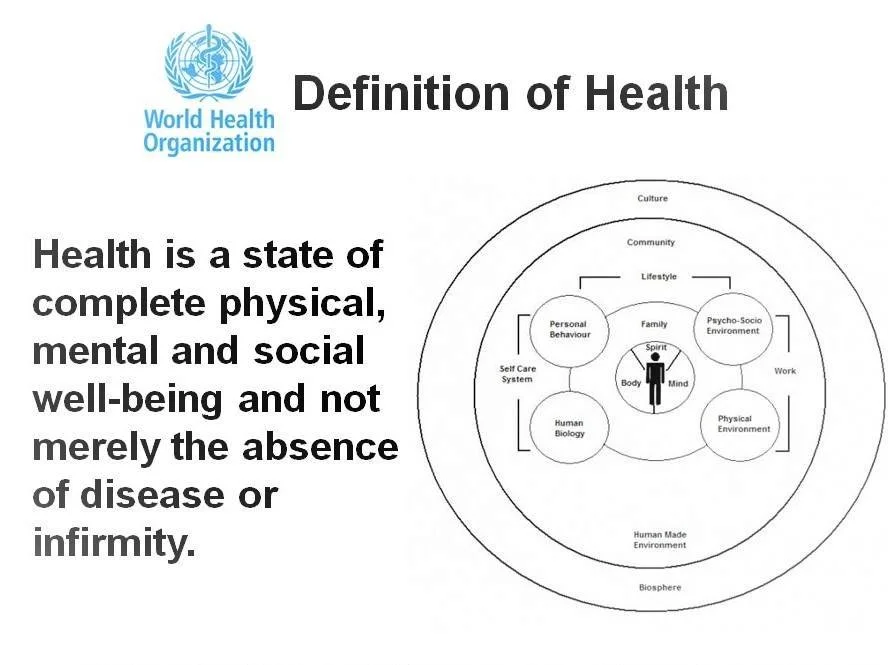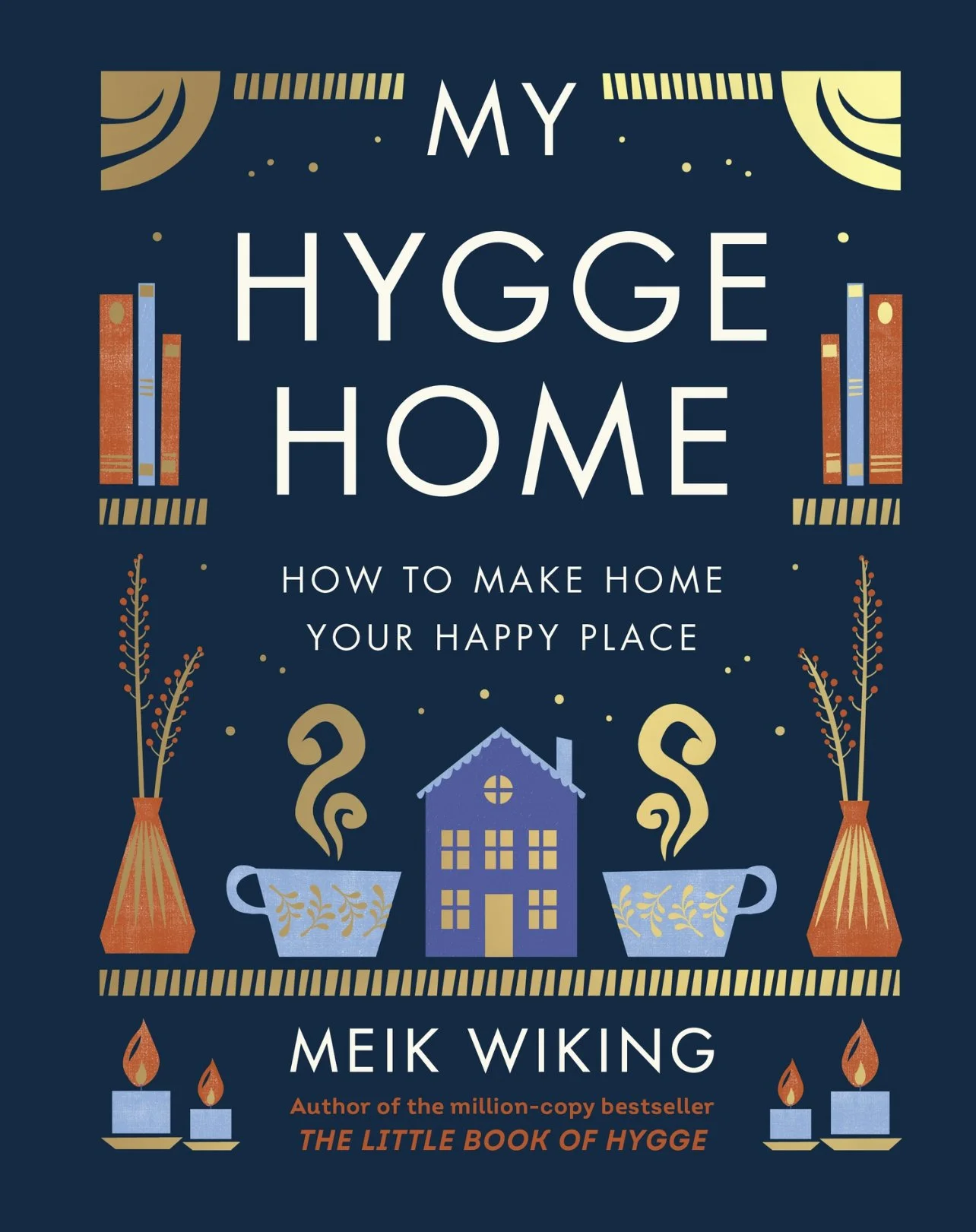The Chancellor Jeremey Hunt caused a stir recently when he suggested that the Over 50s who had left the workforce since Brexit/the pandemic should get off the Gold Course and back to work!
As somebody who is over 50, out of work and not on the golf course I read this with interest. I was in fact looking after my physical and mental wellbeing at the time on a walking holiday in the Peak District at the time.
There are two competing policy areas of personal interest here for me mixed up this rather simple crass statement. Wellbeing and Economics.
It also came at a good time as I am re-reading some work on Hygge and the wellbeing agenda for individuals and policy makers. The two factors need to be seamlessly interlinked.
At the heart of my policy agenda has always been to deliver a government interested in ‘wellbeing’; not just economic activity, growth and GVA for the sake of it.
As we know the definition of health is not just about the absence of disease or illness. It is part of the reason that I have taken so much national interest in the policy area of physical activity and sport. This is one vital part of allowing us to live longer and better lives. It is not just the activity but the social and emotional wellbeing that is interlinked through being part of a community, getting into green space or the outdoors and tackling loneliness. All these things are interlinked if we are to do more than just survive, struggle and then die. Sadly the UK currently feels it is a long way from having a wellbeing agenda. It feels like a country in decline, with people stressed, overworked, unhealthy and with record levels of health inequality not through the NHS but through poverty, poor housing and poor neighbourhoods.
Health
It is not just about the absence of illness
I always feel very conscious when talking about a wellbeing agenda that millions of people at the moment don’t know if they can afford to put the heating on, food on the table or keep the roof over their heads. So talking about Hygge, wellbeing and Ikigai or ‘happiness’ can look really out of touch and a bit of a middle class distraction. I am fully aware of this so it is deeply engrained in my reading and understanding of the subject. This is not about some wishy washy happiness index, but is at the heart of what government and policy makers should be about. How do we create a country and system that allows our fellow citizens to thrive not just survive. Much of what we can deliver at a policy level of course requires tackling poverty and inequality but many of our regional European neighbours have managed this putting them in the happiest places in the world consistently. So we need to recapture the language around happiness and not assume it it in unachievable goal. Why have countries like Denmark, Sweden and Norway consistently achieved levels of measured happiness for a generation.
Hygge - the simplicity of connectedness and community needs to be at the heart of policy. Connecting people and nature with their health and wellbeing. Its not all about candles and blankets!
So in response the wellbeing agenda cuts right across all policy areas from urban design, to social care. It also cuts across economic development. And this is where the slight conflict arises, Our economic problems are not because people like me have dropped out of the labour market, but because of the short sighted Brexit disaster and poor economic choices by government pursuing an agenda of austerity over the last decade.. we are bottom of the European league for so many areas of life these days. Our Poorest people in the UK are now amongst the poorest in Europe. You would be much better off being poor in Slovenia or Poland these days. . There is a labour shortage and an ageing population is causing some tough policy choices for the future (paying for a much larger aged non working population from a diminishing workforce) requires a debate about immigration not forcing the old to work!
But despite the need to rebalance our workforce I won’t be rushing back. I suspect millions more won’t either. I am fortunate to be healthy enough to return to work if I chose, but I prefer a slightly reduced financial package to slogging myself on the treadmill of work. Others are not so fortunate. Our health inequalities have created a situation for millions where hidden and long term health conditions make the choice difficult if not impossible. When we underpay and stress out the workforce (as many currently on strike will tell you they are) many workers will be taking the first opportunity to stop. And I don’t blame them. We have make work pay, and attractive enough to entice us back. At the moment it is the opposite for too many people. Poor pay and conditions have consequences. And too many of our fellow citizens are in no condition to work as they would like. And as the levels of in-work poverty show us the conditions when people are at work aren’t conducive to a good life and good health.
Happiness is not some sentimental posturing but should be at the heart of what government is about. The definition for all of us will look slightly different but the basics remain the same.. good health, companionship, active and safe environments. Too much of the UK is miserable.



